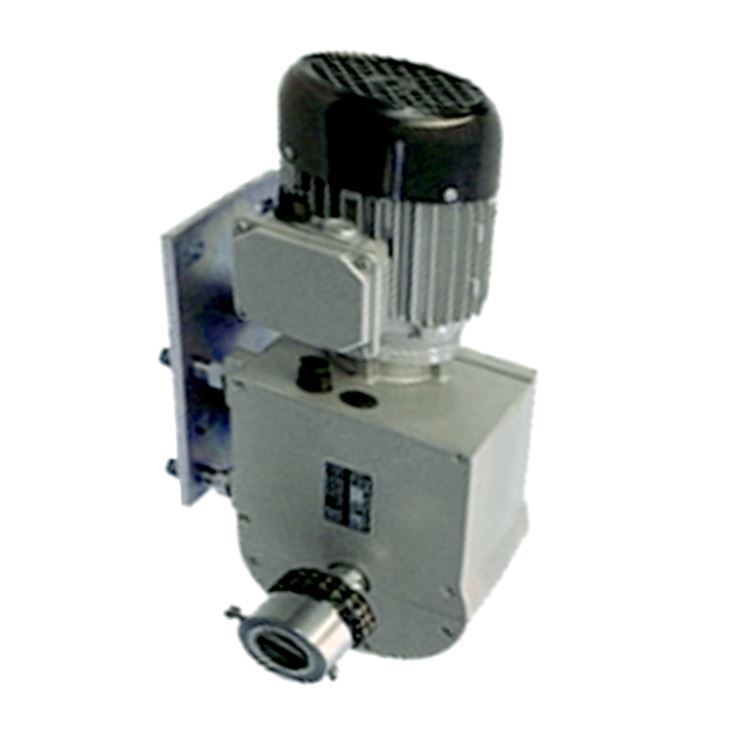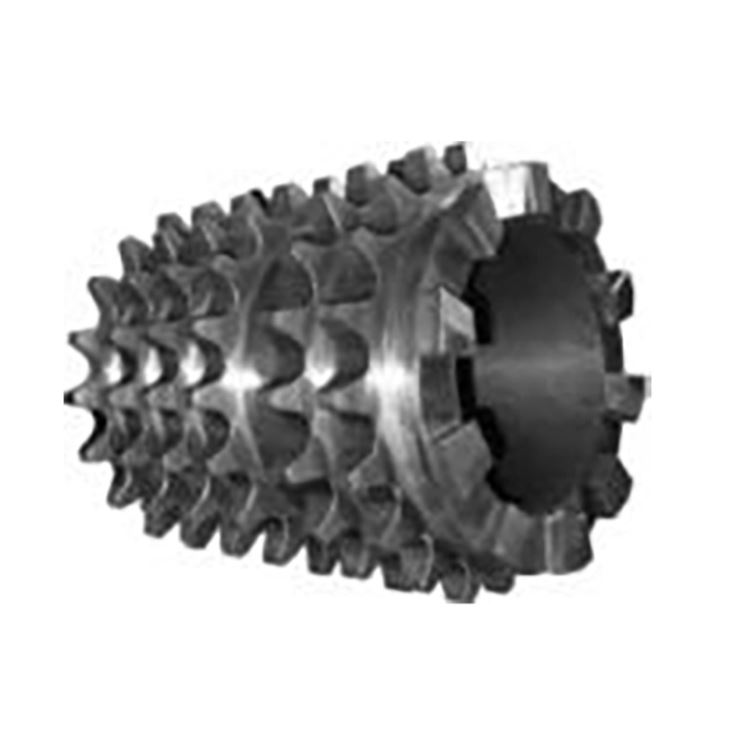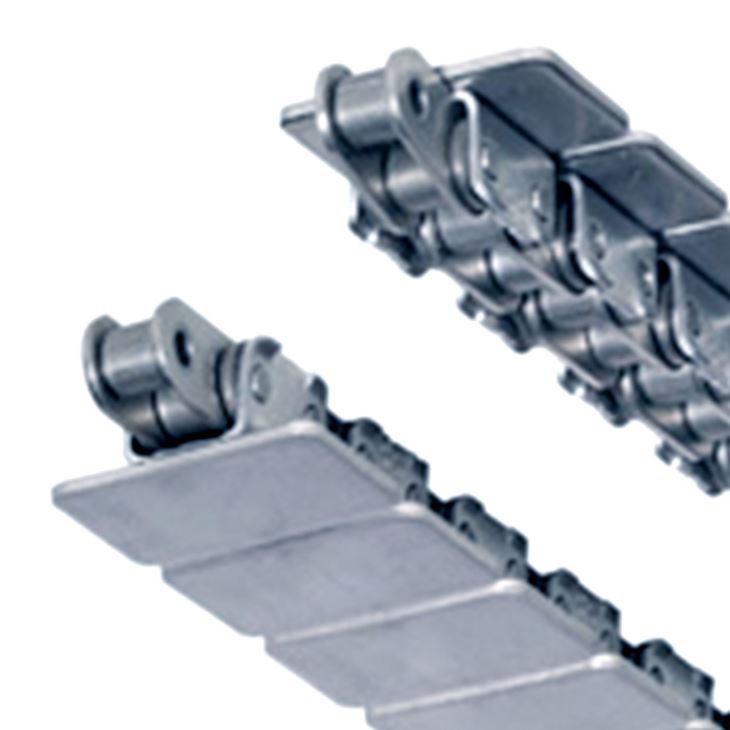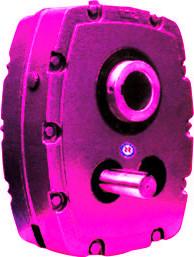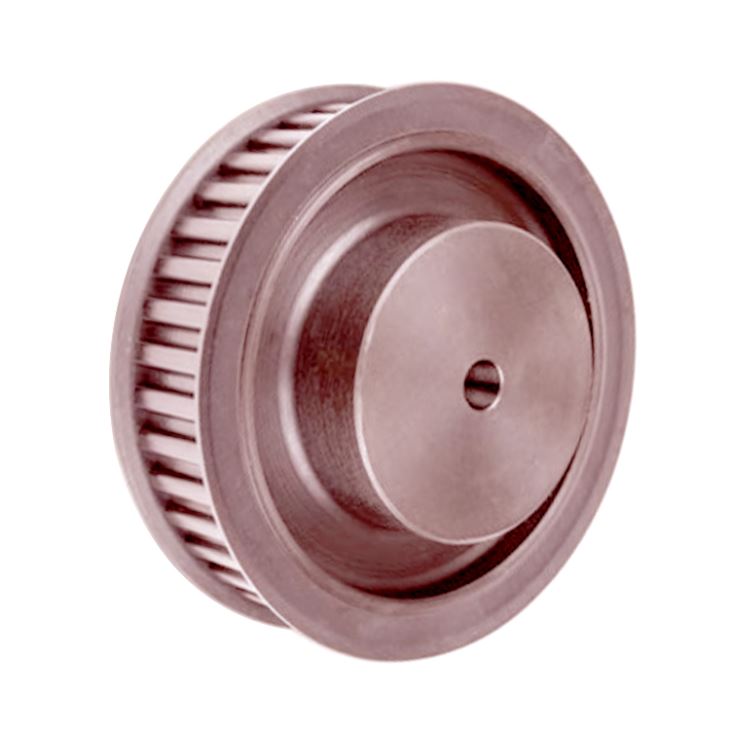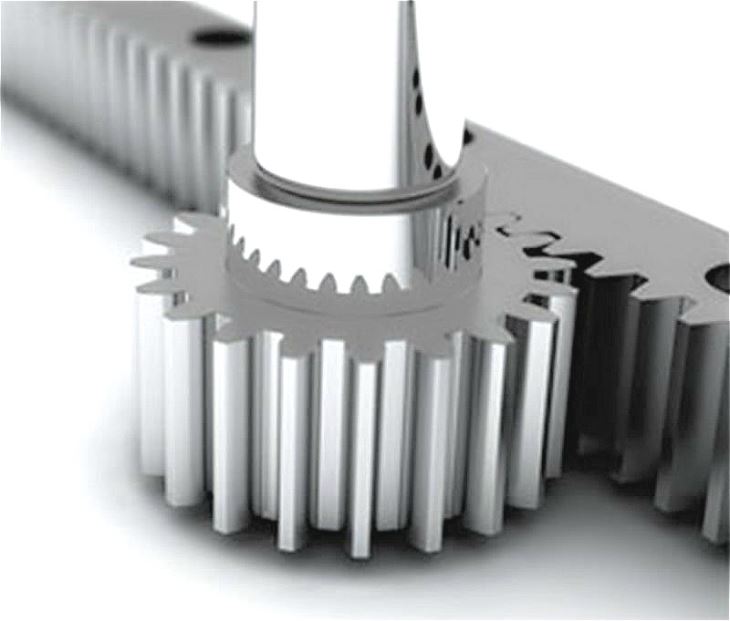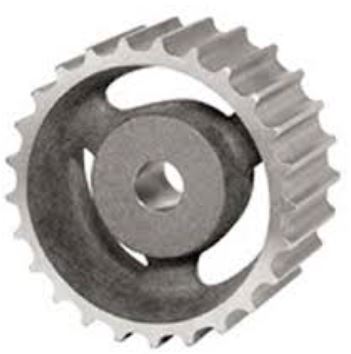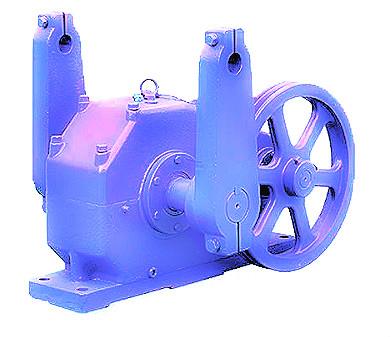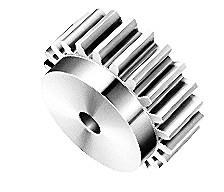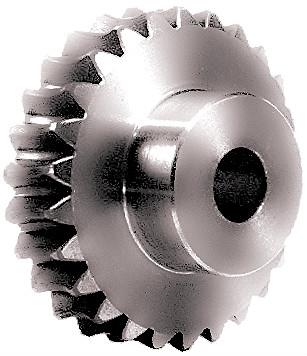What are the noise reduction techniques for bevel gears?
What are the noise reduction techniques for bevel gears? Bevel Gears are widely used in industrial applications, but their noise issues can be a major headache for engineers and procurement specialists. Excessive gear noise not only affects operational efficiency but also leads to higher maintenance costs and reduced equipment lifespan. At Raydafon Technology Group Co.,Limited, we understand these challenges and provide cutting-edge solutions to minimize bevel gear noise through advanced manufacturing techniques and material innovations. This article explores practical noise reduction strategies that can save your projects from costly downtime and performance issues.
Table of Contents
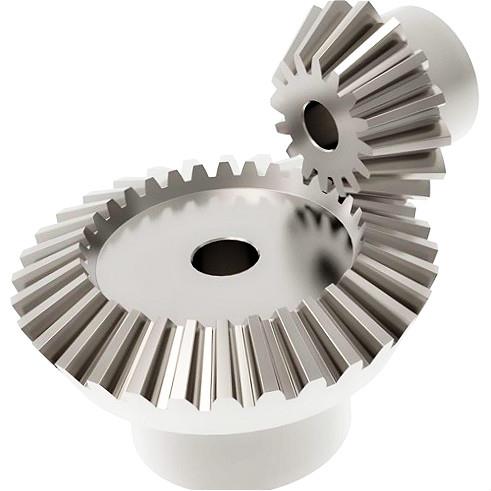
When Gear Noise Disrupts Operations: Smart Design Solutions
Many production lines suffer from excessive bevel gear noise that causes workplace discomfort and signal interference. Raydafon's engineering team addresses this through:
- Precision tooth profile modifications
- Optimal pressure angle selection
- Customized helix angle adjustments
| Design Parameter | Noise Reduction Effect | Raydafon Standard |
|---|---|---|
| Pressure Angle | 20-25% reduction | 20° optimized |
| Helix Angle | 15-30% reduction | 35° customized |
Material Fatigue Creating Noise Problems? Advanced Alloys Provide Answers
Traditional gear materials often fail under heavy loads, generating vibration and noise. Raydafon's material scientists recommend:
- Case-hardened alloy steels
- Special polymer composites
- Surface-treated metals

| Material Type | Noise Reduction | Durability |
|---|---|---|
| 20CrMnTi | Excellent | 5-8 years |
| 42CrMo | Good | 7-10 years |
Manufacturing Imperfections Causing Noise? Precision Engineering Solves It
Micro-level imperfections in gear manufacturing significantly contribute to operational noise. Raydafon's ISO-certified facilities ensure:
- Sub-micron level machining accuracy
- Advanced grinding technologies
- Comprehensive quality control
Lubrication Challenges Creating Noise? Smart Lubrication Systems Help
Inadequate lubrication accounts for nearly 40% of gear noise issues. Raydafon's integrated solutions include:
- Automated lubrication systems
- Specialized gear oils
- Maintenance monitoring
Frequently Asked Questions
Q: What are the most effective noise reduction techniques for bevel gears in high-speed applications?
A: For high-speed operations, we recommend combining precision grinding with advanced tooth profile modification and using our specialized vibration-damping alloys.
Q: How do Raydafon's noise reduction solutions compare to standard bevel gears?
A: Our engineered solutions typically reduce operational noise by 15-30 dB compared to conventional gears, with documented case studies showing 40% longer service life.
Still have questions about noise reduction for your specific application? The experts at Raydafon Technology Group Co.,Limited are ready to help. As a leading manufacturer of precision transmission components since 2005, we've helped hundreds of clients solve their toughest gear noise challenges. Visit our website at https://www.transmissionschina.com or contact our engineering team directly at [email protected] for personalized solutions.
Johnson, M. (2018). "Advanced Noise Reduction in Spiral Bevel Gears". Journal of Mechanical Engineering, 45(3), 112-125.
Chen, L. & Wang, H. (2019). "Material Science Approaches to Gear Noise Reduction". International Gear Technology, 12(2), 56-72.
Rodriguez, P. et al. (2020). "Vibration Analysis in Industrial Gear Systems". Mechanical Systems Journal, 33(4), 201-215.
Schmidt, G. (2017). "Precision Manufacturing for Quiet Gear Operation". Manufacturing Technology Review, 28(1), 45-58.
Yamamoto, K. (2021). "Lubrication Effects on Gear Acoustic Performance". Tribology International, 64, 102-115.
Anderson, R. (2016). "Computer-Aided Design of Low-Noise Gears". CAD Applications, 19(3), 78-92.
Zhang, W. et al. (2019). "Thermal Effects on Gear Noise Generation". Thermal Engineering, 41(5), 301-315.
Miller, D. (2018). "Case Studies in Industrial Gear Noise Reduction". Industrial Applications, 15(2), 134-148.
Lee, S. & Kim, J. (2020). "Advanced Materials for Silent Gear Operation". Materials Science Journal, 53(4), 267-281.
Brown, E. (2017). "Maintenance Strategies for Noise Control". Maintenance Engineering, 24(3), 89-103.
- How to choose the right driveline motor for my irrigation system?
- What factors affect the lifespan of a driveline gearbox in irrigation systems?
- How to maintain and lubricate a greenhouse reducer?
- What are the key components inside a side-delivery rake gearbox?
- What is the cost range for a new or replacement PTO speed reducer?
- What are slasher gearboxes and how do they work?


